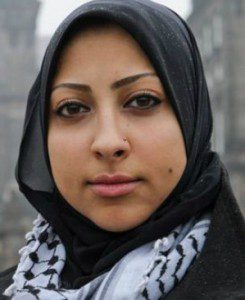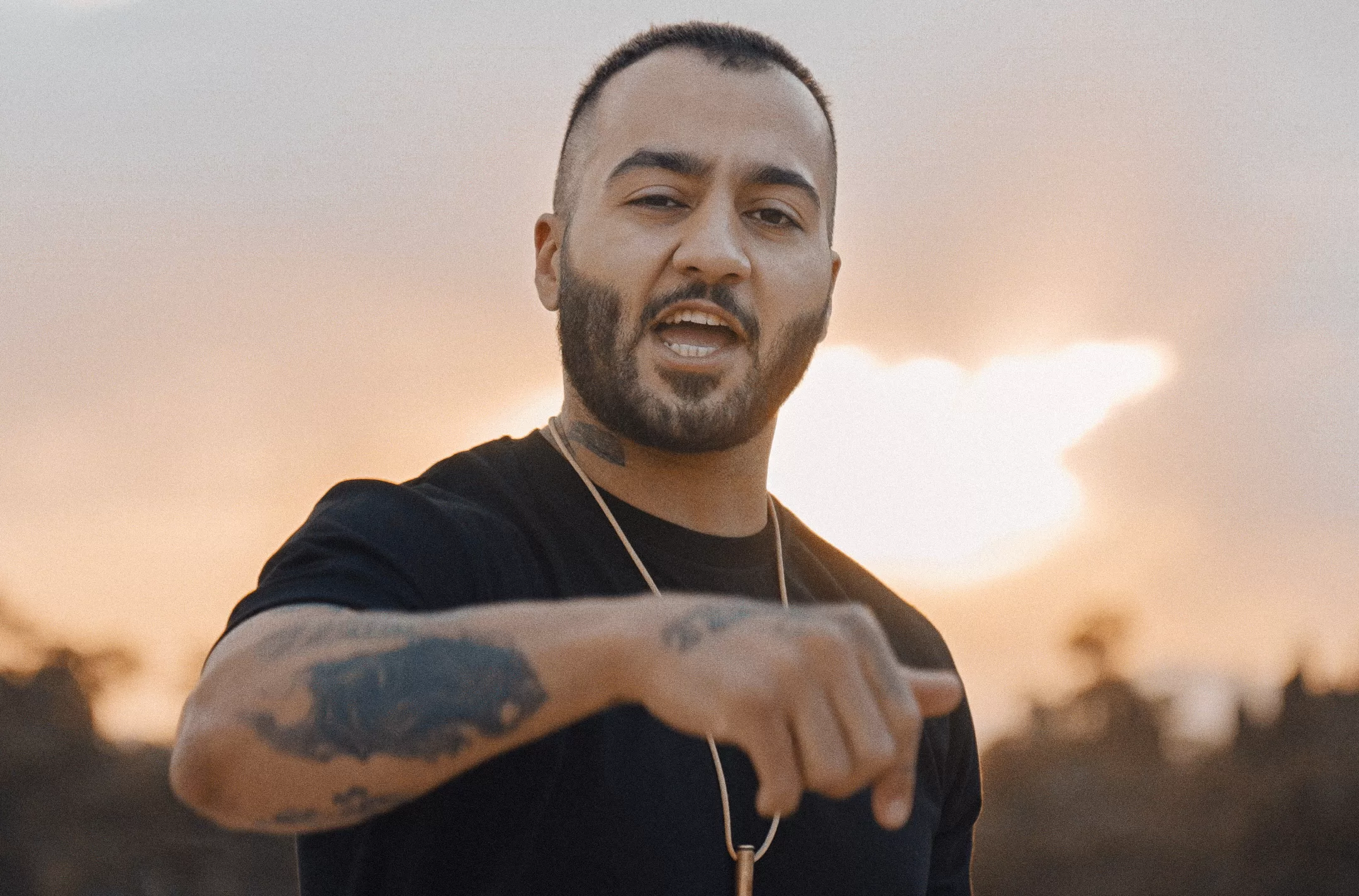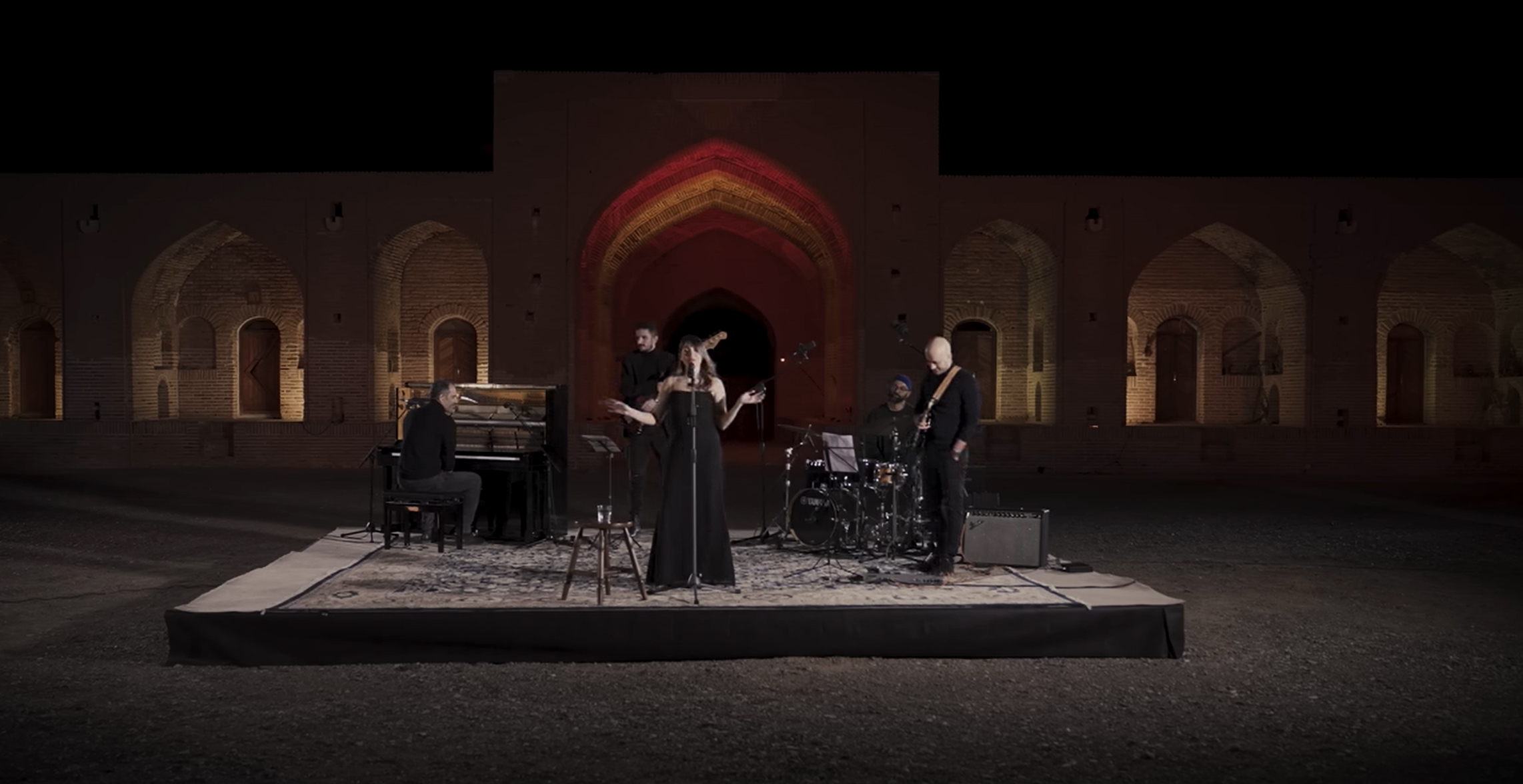The second anniversary of the uprising in Bahrain was marked with violence today, with reports that a teenager was shot dead during protests in the village of Al-Daih, west of the capital Manama. The 16-year-old boy has been named as Hussain al-Jaziri
The shooting and continued protests cast a shadow over Bahrain’s second attempt at a National Dialogue, which began this week, only days before the second anniversary of the country’s revolution on 14 February.
Government officials, as well as members of different political societies were represented at the first meeting on Sunday.
Bahrain’s King Hamad re-opened the door for dialogue in January this year, calling on “representatives of the political societies and independent members of the political community.”
The fresh round of talks, however, has been met with scepticism from some activists.
“The level of distrust between the rulers of the country and the people is so vast, the history of broken promises, and the false pledges of reform make it very difficult to take any state initiative seriously,” campaigner Ala’a Shehabi told Index.
Bahrain has previously made elaborate promises to reform, through initiatives like the Bahrain Independent Commission for Inquiry (BICI), an independent commission initiated by the king to investigate human rights violations following the start of unrest in 2011.
Such efforts, however, have been condemned by rights groups and activist for being more about repairing Bahrain’s shattered international reputation — tarnished by a brutal clampdown on dissent — than it is about an actual interest in reform. Making it no surprise that a renewed call for dialogue has not quelled plans to protest on 14 February.
Acting president of the Bahrain Center for Human Rights (which won an Index on Censorship Free Expression Award in 2012) Maryam Alkhawaja told Index that she worries that the dialogue will be used as a PR move, when “there’s going to be a heavy crackdown on the anniversary or before the anniversary.”
Abdulhadi AlKhawaja and Nabeel Rajab of BCHR are both currently serving jail sentences for their part in protests against the regime.
According to a report released by the Project on Middle East Democracy, only three of the BICI report’s 26 recommendations have been fully implemented.
Ali Al Aswad, a former member of Bahrain’s parliament and member of opposition party Al-Wefaq party, told Index that “the country will not be stable without real reform”, and emphasised the importance of the government putting into place “confidence building measures.”
Shehabi said that “a serious dialogue would be preceded by the release of political prisoners”, and would involve the removal of the country’s Prime Minister (who has been in power for more than 40 years), as well as “the dissolution of Parliament” in order to “discuss how to form a representative body to write a new democratic constitution.”
Al Aswad emphasised that the results of the dialogue “shouldn’t only be an agreement on paper it should also be reflected in the constitution”. He also said that any constitutional changes should be voted on with a referendum.
Still, human rights violations, according to local human rights organisations, are still ongoing in the troubled gulf kingdom. BCHR says that there have been 87 deaths at the hands of security forces since the start of unrest; compared to the initial 30 documented in the BICI report.
For Alkhawaja, human rights “should not be seen as a part of the negotiation” emphasising that human rights “should not be used as a bargaining chip at all”,
While human rights groups will not be a part of the dialogue, US-based organisation Human Rights First emphasised that “Bahrain’s ongoing crisis must be anchored in full respect for human rights”.
According to the state-owned Bahrain News Agency, meetings will be held twice a week, and no high-level government officials have been named as participants in the process.
Sara Yasin is an Editorial Assistant at Index. She tweets from @missyasin.





